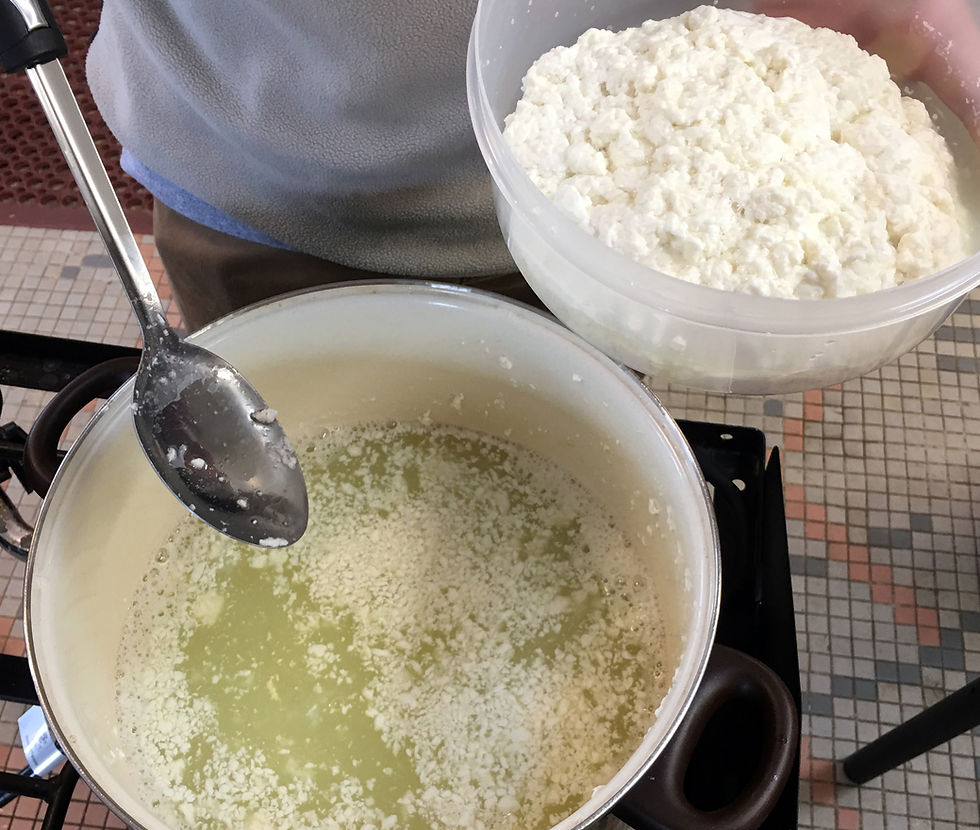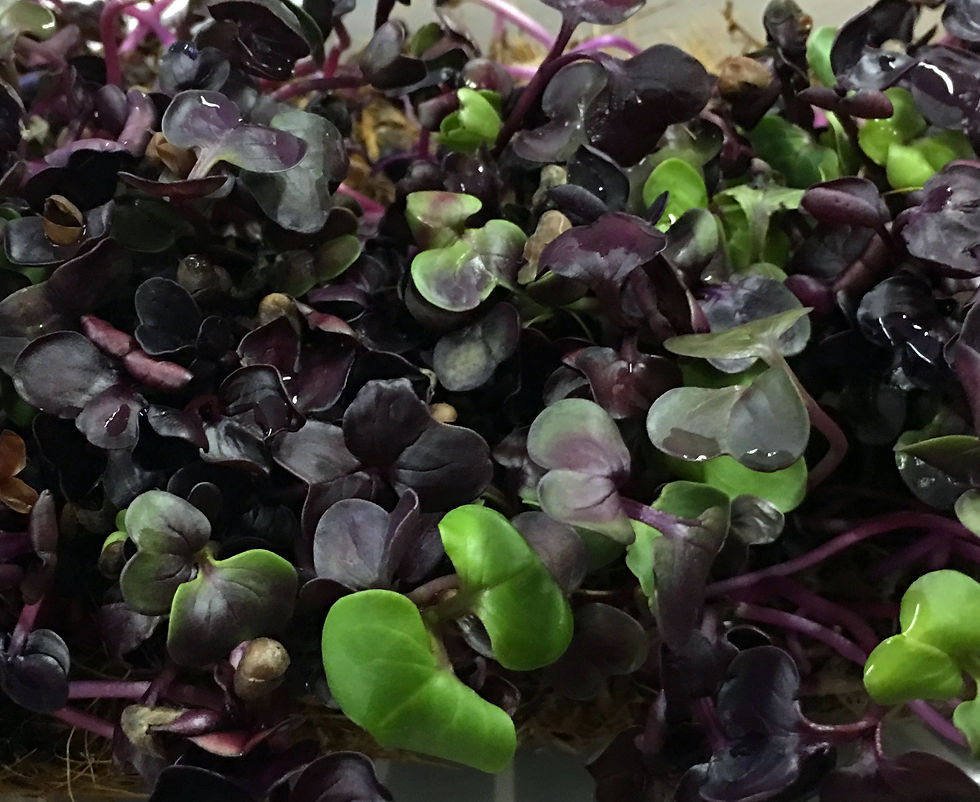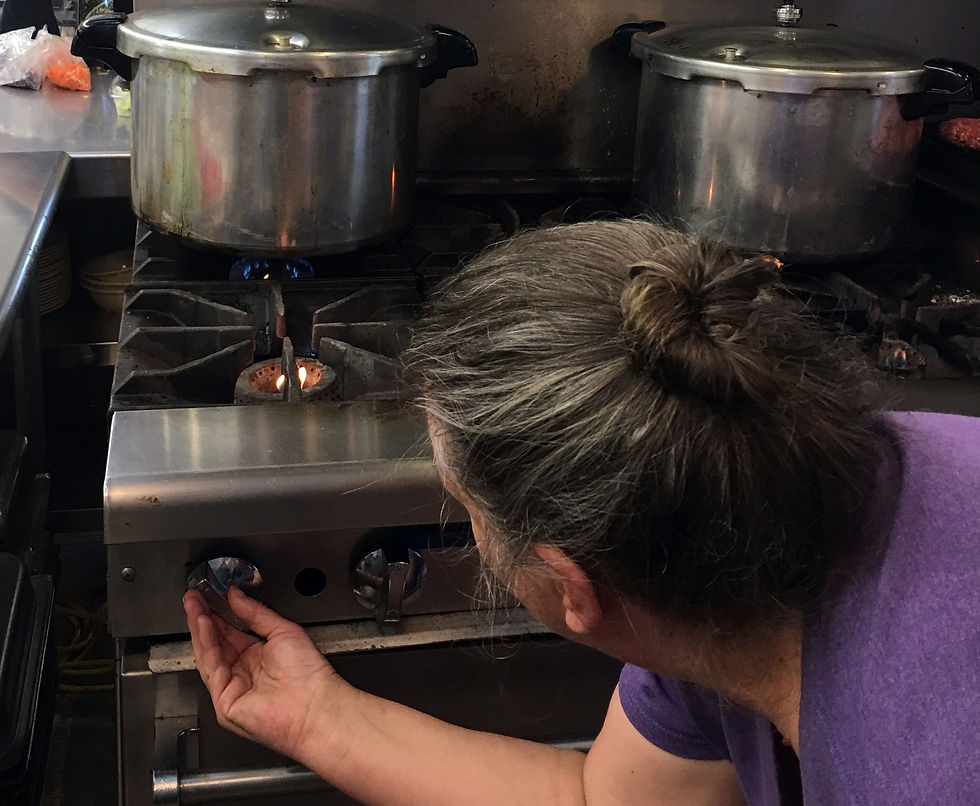Heritage Life Skills VII
- FamilyDisasterPrep

- Apr 30, 2018
- 4 min read
Updated: May 2, 2018
For the continued survival of our planet and humanity, it is crucial that certain discoveries and skills and inventions made by people over the years be passed on from one human generation to the next, from one person, face-to-face, to another.
Chris Raschka

Over the weekend we attended several workshops at the three-day Heritage Life Skills VII in Waynesville, NC sponsored by Carolina Readiness Supply. With such an impressive schedule of varied skills presentations, we had a difficult time selecting the ones that we would find most useful. We ended up learning how to make 30-minute mozzarella cheese (pictured), be more situationally aware, tie useful knots, farm with aquaponics and hydroponics, forage edible plants, compile necessary documents into a survival binder, make our own homeopathic and herbal remedies, use colloidal silver, program a ham radio, prepare for survival nutrition, and much, much more!
If we could give awards to the ones we were able to attend that we found particularly useful, it would be difficult to choose from so many excellent presentations but here are our prize winners:
Most Informative - Edible & Medicinal Plants
This class was led by Spencer Two Dogs Bolejack of Hillbilly Blood and Golden Blade III and author of The Appalachian Ninja. Living in the woods for three years and communing with American Indians added to his already keen knowledge and skills for surviving in the wild. He shared his knowledge of Appalachian plants that can be used for food and medicine. His tent set up outside was adorned with an impressive display of clothing, gear, handmade tools, furs, artifacts, reference books, and herbal salves. We left with pages of notes, pictures of the plants he referenced, and a copy of his book.

Most Beneficial - Indoor Farming and Microsprouts
The Robinsons, the couple who taught this class and authors of The Shire Doc blog, said several times that they don't know what they're doing but, fortunately for us, they lie. They've tried different methods of indoor farming and have learned what they know through trial and error which makes them experts at what they know and do. They shared their philosophy, facts we should all know about coming events, demonstrated hydroponics, and provided samples of some delicious broccoli and radish microgreens (pictured) along with nutritional information.
Most Enjoyable - Tinctures and Salves
I'm not sure which was more fun... preparing the herbal remedies we made (echinacea tincture with vinegar, sore muscle salve with coconut oil and essential oils, drawing poultice, and allergy relief rollerball with lemon, lavender, and peppermint essential oils in sweet almond oil) or talking to Libby Jones and the other awesome ladies assisting her in her presentation.
Most Applicable - Dehydrating: Beyond Beef Jerky
Dehydrating fresh foods is an effective way to preserve and store food from your own garden or farmer's market purchases. Information from this class taught by Kim Lippy included reviews of dehydrators and resources, one-pot meals, creating ready mixes, and how-to instructions for long-term food storage and rehydration. We've been dehydrating ever since returning home!
Most Organized - Building a Home Survival Manual
Taught by Franklin Horton, author of The Borrowed World Series and The Locker Nine Series, we learned strategies for organizing information in a binder as carried out by the characters in his books. A lot of information we might never have considered was mentioned ... like including photos of your property with locations marked for the septic tank, well, propane tank, power lines, etc., as well as important instruction manuals and how-tos for turning off/on water or gas valves and power switches within the home along with financial and legal documents. Not only is this useful for every day living but particularly helpful in the stress immediately accompanying a loss or disaster.
Most Productive - Canning Meat






Comments